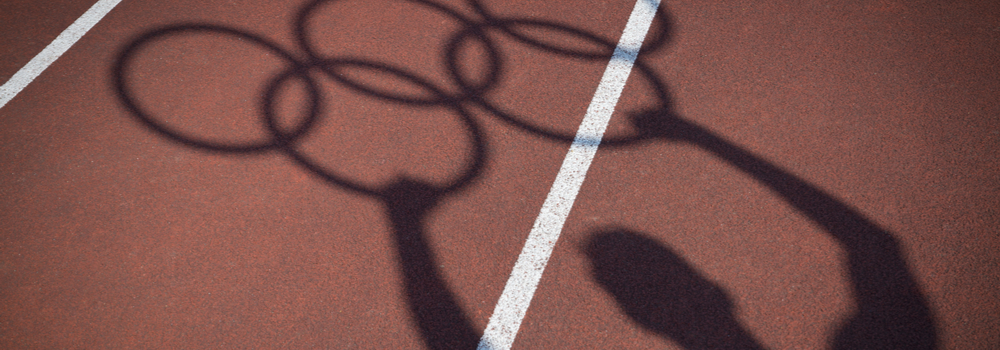Olympic athletes participate in a competition once thought to belong to the Gods. Greek Gods were believed to live on Mount Olympus, after all. Those who have the strength, skill, discipline, and talent make it to the international competition where winning gold means being the absolute best in the world. Demands for performance are high at the Olympics and Olympians have to face the same performance anxiety as anybody else. They are people, skilled, trained, capable people, but still people vulnerable to the conditions of human existence, like anxiety.
Anxiety is something we all experience in our lives, most likely at various times in our lives. Our symptoms of anxiety come and go naturally because anxiety is a natural response to stresses in life. Fear is what drives us to survive and anxiety plays on fear. Men who are in early recovery from drug and alcohol addiction experience anxiety as a symptom of their recovery. Learning to confront anxiety as a normal part of life and work with anxiety instead of trying to eliminate anxiety is key according to Olympic psychologists. Anxiety and all of the energy produced by stress hormones like adrenaline and cortisol can be keyin competition. Trying to eliminate those hyped up feelings instead of transform them could be a disadvantage to competition.
Sports psychologists teach athletes to come to terms with their anxiety, explains Self. The online magazine interviewed Carlin Anderson, Ph.D who is the psychologist for the U.S. Curling Team. Anderson said that ““[R]ather than trying to get rid of the nerves, it’s more helpful to prepare for them and figure out how to perform with the nerves.”
Anderson and other psychologists referenced in the article share a few pointers for confronting anxiety and working through nerves in order to show up for whatever it is you need to show up for. Men in recovery learn that showing up is part of the process of recovery. No matter what their mind or body is telling them about avoiding responsibility, men learn to be present in their life.
- Tell yourself it’s normal to be nervous: Realize that everyone gets nervous and nerves are a normal reaction to life. Don’t put yourself down or criticize yourself for having a completely natural reaction to performance based stress.
- Ask yourself “What is in my control?”: Many things in life are completely out of our control, but we don’t become nervous to the point of paralysis over them. Ask what is in your control about a situation and what is not in control about a situation. Whatever isn’t in your control, try to let go of those things in order to make peace with the outcome.
- Visualize the worst thing that could happen: Most often anxiety is created out of fear of the worst possible outcome, though that outcome isn’t likely. For Olympians, the worst possible outcome might seem like “losing” or not placing in the top three revered positions. Worse than that could be a life ending or career ending injury. Many worst case scenarios still have possibilities and can be overcome.
- Then visualize how you would ideally handle the worst thing that could happen: Visualize what would happen in the case of a bad outcome. Would all life cease to exist? Would you vanish into the nethersphere? Not likely. You would have to quickly process and work through whatever has happened, face the consequences, and start looking for solutions to move forward.
Thankfully, there is a way to heal. If you have found yourself trapped by the cycle of addiction, there is hope. Tree House Recovery in Portland, Oregon, shows men how to find freedom from addiction. Creating sustainable recovery through sustainable change, our programs help men reclaim their lives mind, body, and spirit. Call us today for information: (503) 850-2474



